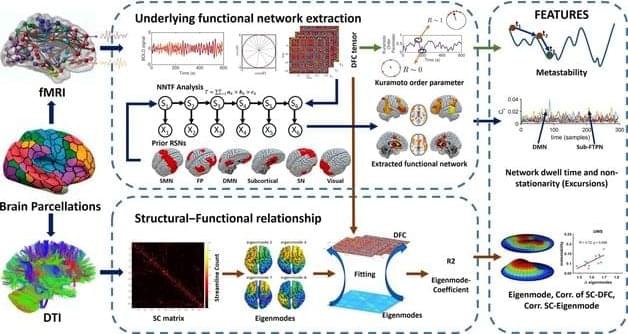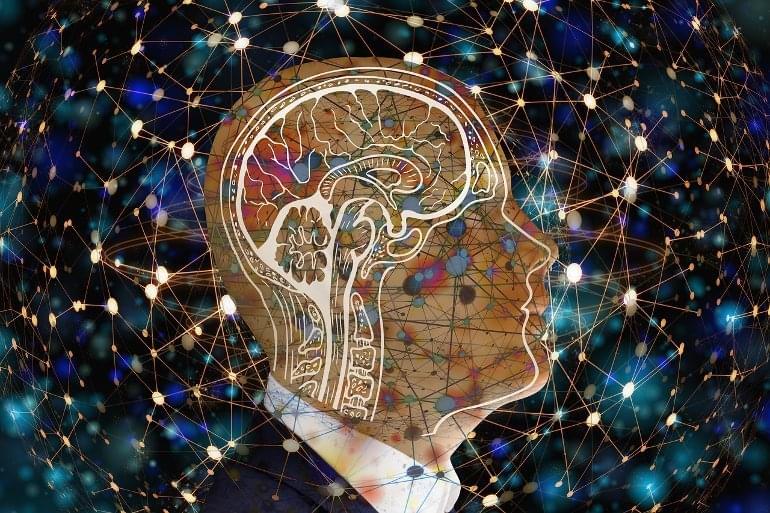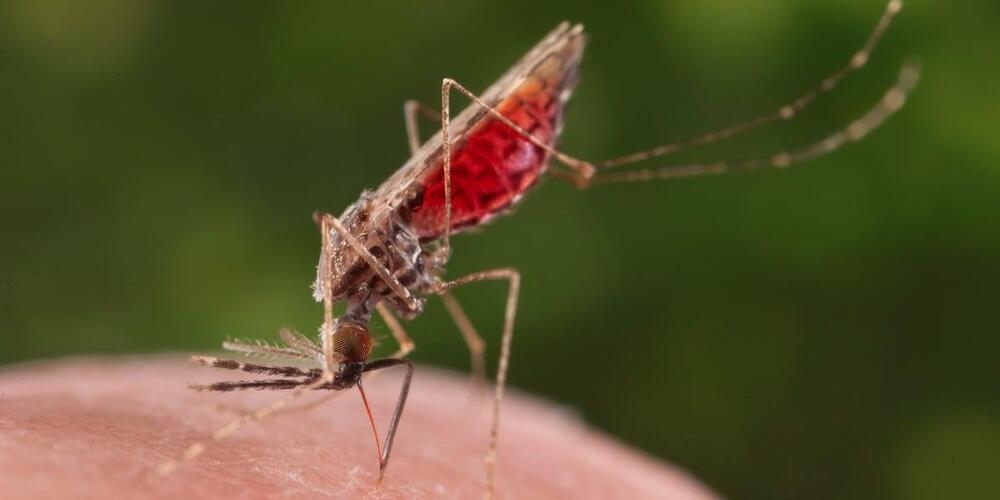Summary: A new mouse study provides clues as to how the brain processes sensory information from internal organs, revealing feedback from organs activates different clusters of neurons in the brain stem.
Source: Harvard.
Most of us think little of why we feel pleasantly full after eating a big holiday meal, why we start to cough after accidentally inhaling campfire smoke, or why we are hit with sudden nausea after ingesting something toxic. However, such sensations are crucial for survival: they tell us what our bodies need at any given moment so that we can quickly adjust our behavior.







